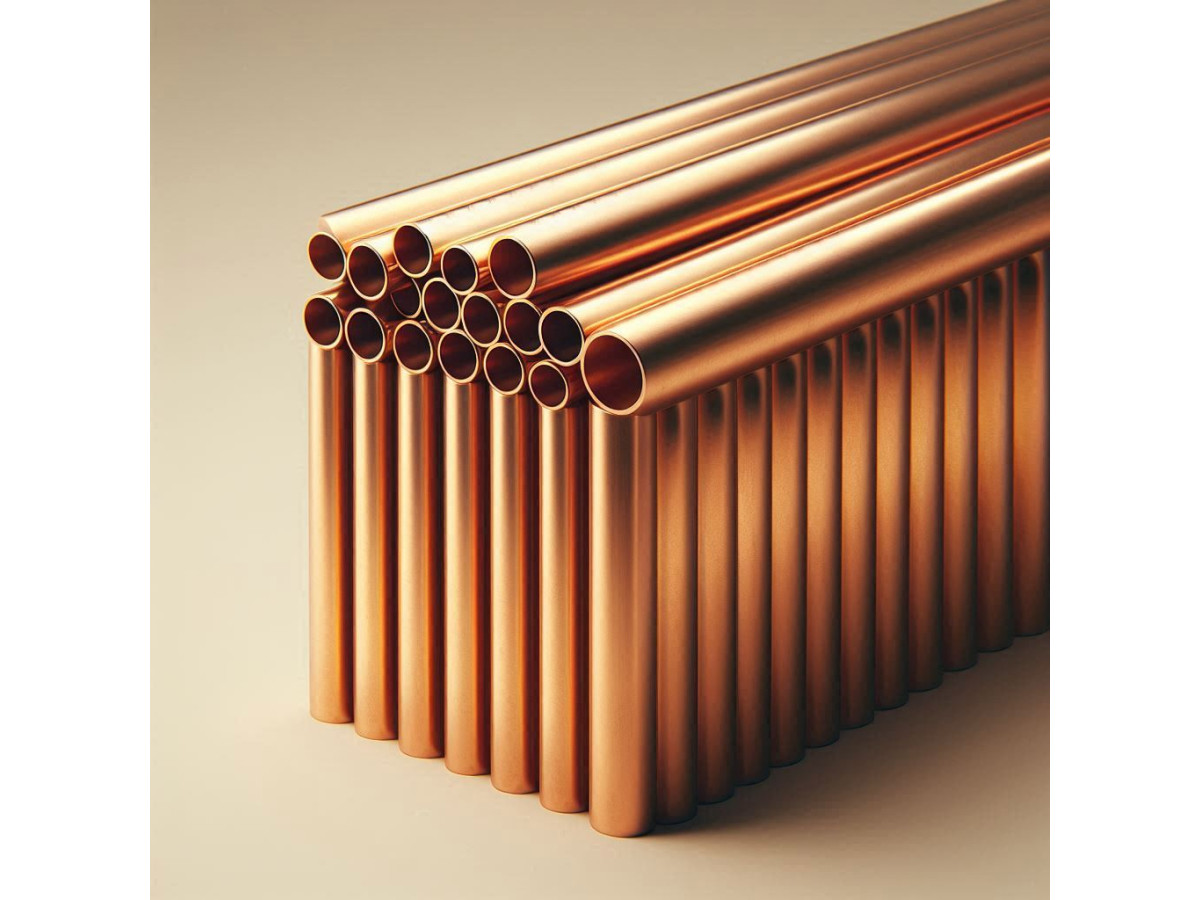The history of using brass goes back more than one century. Even in ancient times, people valued this alloy for its beauty and strength. Today, brass pipes continue to serve faithfully, combining traditions and modern technologies. They are the best choice for many engineering solutions. Let's figure out why such rolled pipes are so popular and what advantages they have.
Types and features
Brass is a symbiosis of copper and zinc, which has long been valued for its strength, rust resistance and attractive appearance. Pipes made of this alloy have found application in a variety of areas - from plumbing to industry. They differ in several parameters.
There are two types of production methods. Drawn products are made by cold deformation, have dimensional accuracy and a smooth inner surface. Pressed products are obtained by hot stamping, have a greater wall thickness and are used for products that require maximum strength.
Rolled pipes can be general-purpose, in this case we are talking about universal pipes for various systems. Special-purpose rolled pipes have certain additives in the alloy to improve specific properties, for example, heat resistance or rust resistance.
The dimensions of rolled pipes are regulated by GOSTs and can vary significantly. Main parameters:
- External diameter - from 3 to 360 mm (for general-purpose pipes).
- Wall thickness - from 0.5 to 42.5 mm (depending on the brand and production method).
- Length - standard lengths or measured sections.
When choosing a pipe, it is necessary to consider not only its diameter, but also the wall thickness. The strength and durability of the product depend on these parameters. The choice of brand for rolled pipes depends on the operating conditions. The most common:
- L63 - universal, used for most products.
- L68 - has increased strength, used for critical structures.
- L70 - a highly plastic variety, necessary when creating complex parts. LA77-2 is an aluminum alloy used in marine shipbuilding due to its highest corrosion resistance.
Rolled pipes of this category can withstand very heavy loads. They are resistant to moisture, aggressive environments, effectively remove heat and are easily processed in various ways.
Where is it used
Brass structures are perfect for installation in water supply systems, both for hot and cold water supply. Due to their strength, they can withstand high pressure and temperature changes. At the same time, rust does not form on the surface. Rolled pipes made of brass alloys are used in heating systems due to their good thermal conductivity. They effectively transfer heat from the source to radiators or heated floors. Pipes are used in ventilation and air conditioning systems for transporting air and refrigerants. In some cases, they can be used in gas systems, but it is necessary to take into account safety requirements and use special grades of material.
Brass alloy is inert to most food products and does not enter into chemical reactions with them. Therefore, pipes are actively used in the food industry for transporting liquids and gases. The material is resistant to many chemicals, which makes it possible to use it in the chemical industry for transporting aggressive environments. Due to the high precision of processing, pipes are used to make various devices and tools.
Brass is not afraid of corrosion even in sea water, so it is used in shipbuilding to make various parts and pipelines. Due to the attractive golden color, pipes are used in decorative interior decoration. They are used to make railings, handrails, furniture elements and other decorative elements. Rolled metal is often used to make wind instruments such as a trumpet, trombone, tuba. It is used in jewelry to create costume jewelry and some elements of expensive jewelry.
Why choose brass pipes?
Rolled metal pipes of this category are valued for:
- durability;
- reliability;
- aesthetics;
- versatility.
Pipes serve for decades, retaining their properties. Excellent strength and rust resistance make them a reliable material. Attractive appearance allows the use of products for decorative finishing. The rolled products are available in a wide range of sizes: pipes of 1, 2, 3 or 6 meters in length are available, wall thickness ranges from 0.5 mm to 10 mm, and diameters range from 6 mm to 150 mm.

